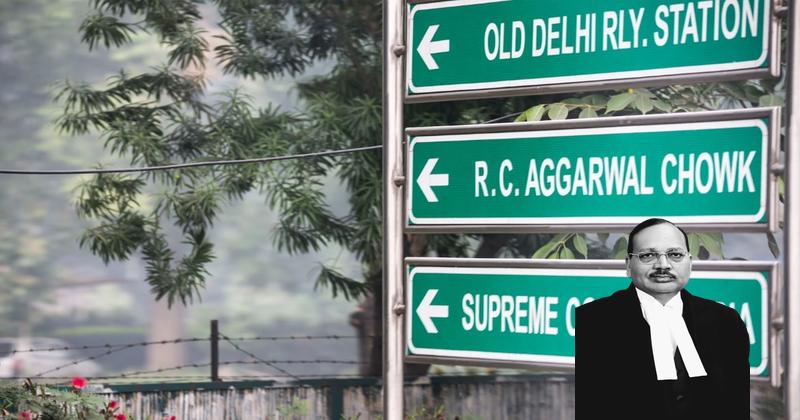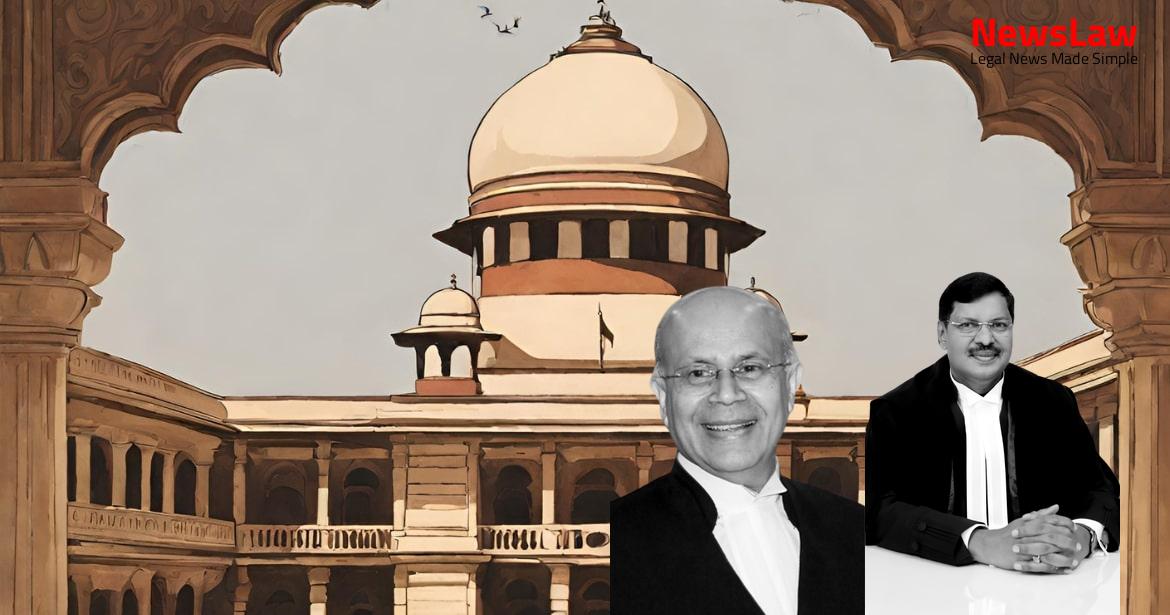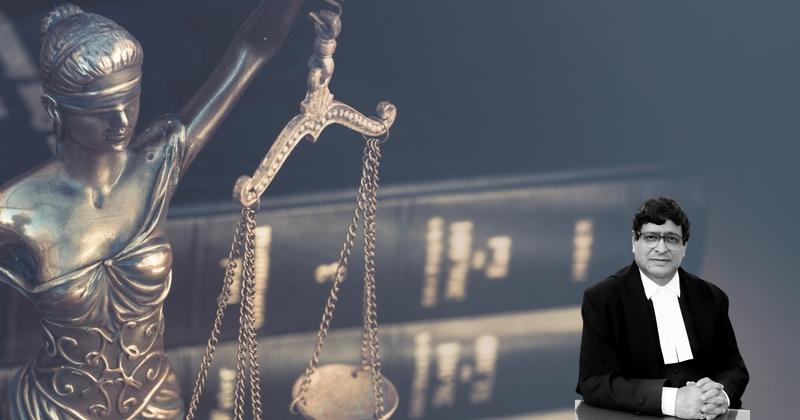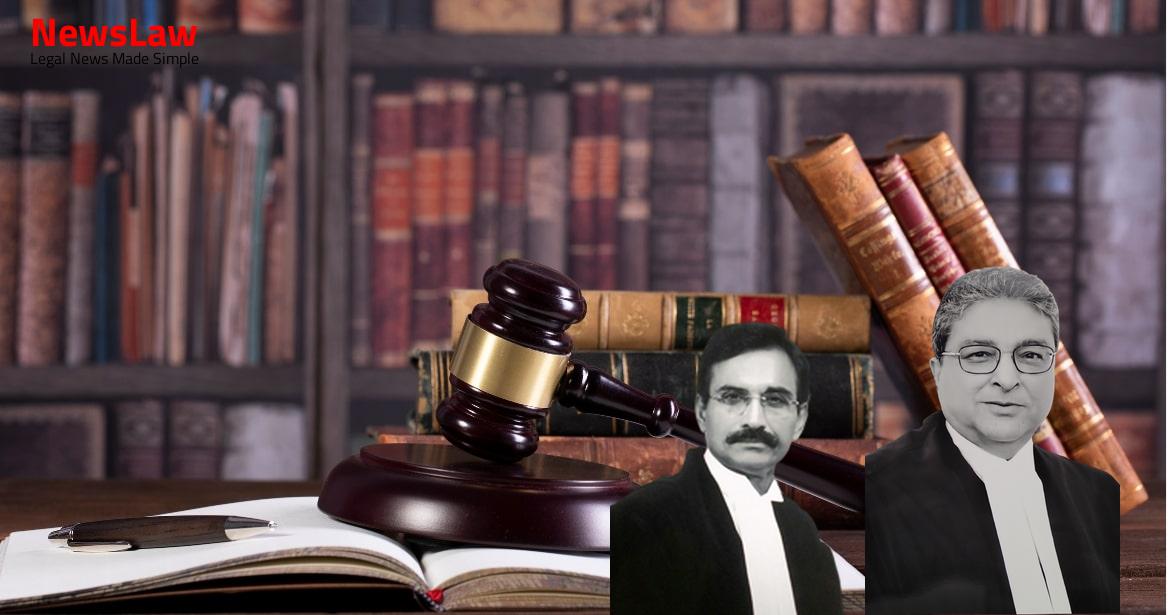In February 2019, Respondent No 1, an IRS Officer, posted as Additional Commissioner of Income Tax, Ahmedabad, conducted a survey for the financial year 2018-19 under Section 133A of the Income Tax Act, 1961 against Safal Construction Pvt. Subsequently, the complainant and Respondent No 1 met frequently in connection with the case and it is alleged that during these interactions, Respondent No 1 threatened to ruin the complainant’s business and demanded illegal gratification. 30 lakhs along with personnel from the ACB trap team. 30 lakhs with Dhara Angadia firm, the complainant contacted Respondent No 1 through WhatsApp call which was recorded by the ACB team wherein Respondent FIR No 12/2022 was thus, registered against Respondent No 1 under Sections 7, 13(1) and 13(2) of the Prevention of Corruption Act, 1988 on 4 October, 2022.
During investigation Smit Thakkar, owner of Dhara Angadia firm, informed the authorities that the illegal gratification was deposited in the account of one Malavbhai Ajit Mehta. By an order dated 3 November, 2022, the City Civil & Sessions Court at Ahmedabad rejected Respondent No 1’s application for anticipatory bail. Some of the observations made by the Special Judge, CBI Court, are to the following effect: “Thus, the ground of ill health pleaded by the Learned Advocate for the applicant would hold no ground as this Court is of a candid opinion that the applicant instead of cooperating with the Investigating Agency had absconded and had got himself admitted in hospital at his native in Rajasthan with a view to evade the process of law.
Aggrieved by the order of the Special Judge, CBI Court, Respondent No 1 applied for anticipatory bail before the High Court of Gujarat. The reasons on the basis of which the High Court proceeded to grant anticipatory bail are recorded in paragraph 12 of its order, which states as follows: “12. It is clarified that the applicant even if, remanded to the police custody, upon completion of such period of police remand, shall be set free immediately, subject to other conditions of this anticipatory bail order. The CBI, then, applied for police remand of Respondent No 1 and, on 30 December, 2022, the Special Judge, CBI Court
No 3 partly allowed the said application.
Also Read: https://newslaw.in/case-type/criminal/analysis-of-cheating-and-forgery-in-passport-case/
Further as per the direction of Honourable Gujarat High Court, upon completion of aforesaid period of remand, the accused be set free upon expiry of remand period and report be submitted to this Court along with copies of medical examination paper/ Certificate.
CBI, thereafter, preferred an application for suspension of the aforesaid order before Special CBI Court on the ground that they wish to challenge it before the High Court of Gujarat. On that day, the CBI had only re-registered FIR
No 12/2022 which was initially registered by ACB Police Station on 4 October, 2022. During investigation, reliable evidence has come on record to show that other Income Tax officials were hands in glove with Respondent No 1, which is also evident from the active role played by some officials in helping Respondent No.1 to avoid arrest by the ACB on 4 October, 2022.
Success in such interrogation would elude if the suspected person knows that he is well protected and insulated by a pre-arrest bail order during the time he is interrogated. The High Court ignored the observations & findings of the learned Sessions Court recorded while rejecting Respondent No 1’s application for anticipatory bail. The High Court failed to appreciate the unequivocal demand of Rs. 30 lakhs made by Respondent No 1, which was recorded by the complainant on a Digital Voice Recorder and acceptance of that bribe money through Dhara Angadia Firm.
The alleged deposit of the amount was made in an Angadia firm which is unknown to Respondent No 1 and cannot be termed as acceptance of bribe. A perusal of FIR No 12/2022 shows that it was registered on 4 October, 2022 at 9:30 pm while the acts of the alleged demand, laying down of the trap, deposit of money at Dhara Angadia and the raid at Respondent No. In the present case, notices under Section 41A were issued post the raid conducted by ACB team at Respondent No 1’s office by which time they had decided to arrest him; vii. The High Court erred in directing that, despite the grant of anticipatory bail, the investigating agency would be at liberty to apply to the competent Magistrate for police remand.
In this case, the investigating agency has not complied with the mandatory procedure of Section 17A and has initiated investigation on the complaint without any prior approval of the Competent Authority. Cancellation of bail has to be dealt with on a completely different footing in comparison to refusal of bail and ‘cogent and overwhelming’ reasons are necessary to cancel bail once granted. The following factors and parameters can be taken into consideration while dealing with anticipatory bail: (i) The nature and gravity of the accusation and the exact role of the accused must be properly comprehended before arrest is made; (ii) The antecedents of the applicant including the fact as to whether the accused has previously undergone imprisonment on conviction by a court in respect of any cognizable offence; (iii) The possibility of the applicant to flee from justice; (iv) The possibility of the accused’s likelihood to repeat similar or other offences; (v) Where the accusations have been made only with the object of injuring or humiliating the applicant by arresting him or her; (vi) Impact of grant of anticipatory bail particularly in cases of large magnitude affecting a very large number of people; (vii) The courts must evaluate the entire available material against the accused very carefully. State (NCT of Delhi)
Also Read: https://newslaw.in/supreme-court/discrepancy-in-date-of-birth-courts-legal-analysis/
, the Constitution Bench reiterated that while deciding applications for anticipatory bail, courts should be guided by factors like the nature and gravity of the offences, the role attributed to the applicant, and the facts of the case. The Court must draw a delicate balance between liberty of an individual as guaranteed under Article 21 of the Constitution and the need for a fair and free investigation, which must be taken to its logical conclusion.
Case Title: CENTRAL BUREAU OF INVESTIGATION Vs. SANTOSH KARNANI (2023 INSC 380)
Case Number: Crl.A. No.-001148-001148 / 2023



